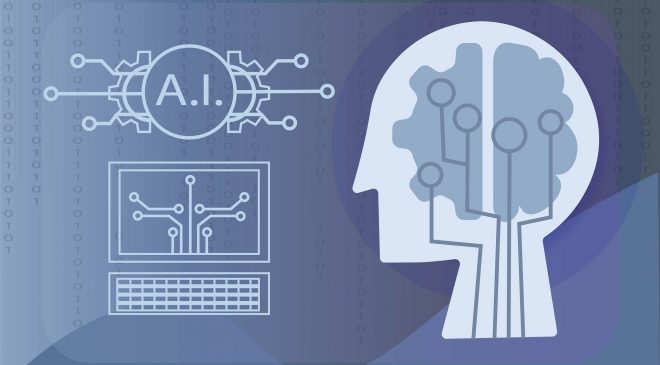
It hasn’t won the race yet.
Recent media outlets have stated that former US Air Force Chief Software Officer Nicolas Chaillan, has come out to say that China is “winning” the race in AI.
According to media reports during his exit as the CSO of the US Air Force, Chaillan said he has received death threats from critics of his warnings about China’s advantage in AI and cyber.
“The main message is we have not lost the war but we need to wake up and we don’t have the luxury of time and we can’t hear about more reports and Congress asking the DoD to go and study things more and spend 50 to 60% of the AI funding we get on ethics,” Chaillan said. “We need to focus on capabilities and we need to deliver it rapidly using agile methodologies and we cannot be stuck in time.”
However he has clarified his remarks on Twitter recently and stated “as it stands and if” the US doesn’t “wake up NOW, we have no fighting chance to win against China in 15 years”.
“I also said that they’re leading in AI and Cyber NOW,” stated Chaillan. “Not in 10 years as some BS reports mention.
Of course government funded reports always tell us we have more time than we have so no one is held accountable for missing the already past due target.”
According to Chaillan “those are just common sense fact” and are “competing against 1.5B folks here. Either we are smarter and more agile, or we lose. Period.”
According to the China Development Report, China’s global share of research papers in the field of AI has vaulted from 4.26% (1,086) in 1997 to 27.68% in 2017 (37,343), surpassing any other country in the world, including the U.S. — a position it continues to hold. China also consistently files more AI patents than any other country.
The Harvard Business Review noted that as of March 2019, the number of Chinese AI firms has reached 1,189, second only to the U.S., which has more than 2,000 active AI firms. These firms focus more on speech (e.g., speech recognition, speech synthesis) and vision (e.g., image recognition, video recognition) than their overseas counterparts.
A research paper by AI and Society noted in March 2016, Lee Sedol, a professional Go player from South Korea, was defeated by a Google DeepMind artificial intelligence (AI) created for the board game Go (AlphaGo). Sedol held the second-most Go international championship victories at the time, but he was defeated by AlphaGo by a score of four games to one.
While the match attracted considerable attention in the United States, it was a massive event in China, with over 280 million people tuning in to watch it live. This match has been dubbed a “Sputnik moment” in China’s AI development, according to two government insiders.
Despite the fact that there have previously been AI policy attempts in the country, AlphaGo’s success contributed to a greater spotlight on the subject. This “moment” became the catalyst that saw the Government develop the New Generation Artificial Intelligence Development Plan (AIDP).
According to the report the plan features:
- By 2020, China aims to maintain competitiveness with other major powers and optimise its AI development environment. In monetary terms, China intends to create an AI industry worth more than 150 billion yuan (ca. 21 billion dollars). Lastly, it seeks to establish initial ethical norms, policies, and regulations for vital areas of AI.
- By 2025, China aims to have achieved a ‘major break-through’ (as stated in the document) in basic AI theory and to be world-leading in some applications (‘some technologies and applications achieve a world-leading level’). China also targets an increase in the worth of its core AI industry to over 400 billion yuan (ca. 58 billion dollars), and plans to expand upon, and codify in law, ethical standards for AI.
- By 2030, China seeks to become the world’s inno-vation centre for AI. By then, growth in the core AI industry is expected to more than double again and be valued at 1 trillion yuan (ca 147 billion dollars), and further upgrades in the laws and standards are also to be expected, to deal with newly emerging challenges.




